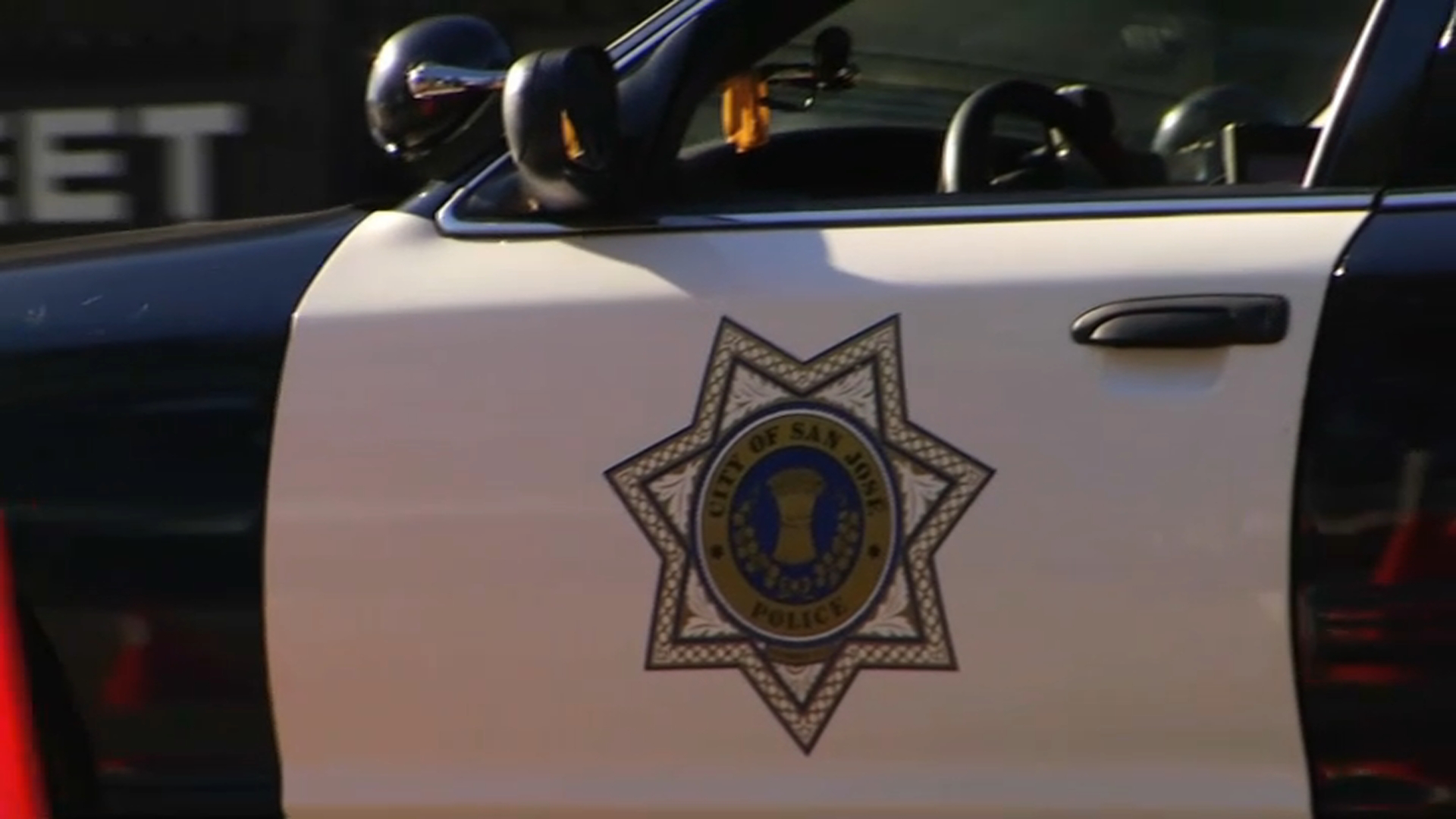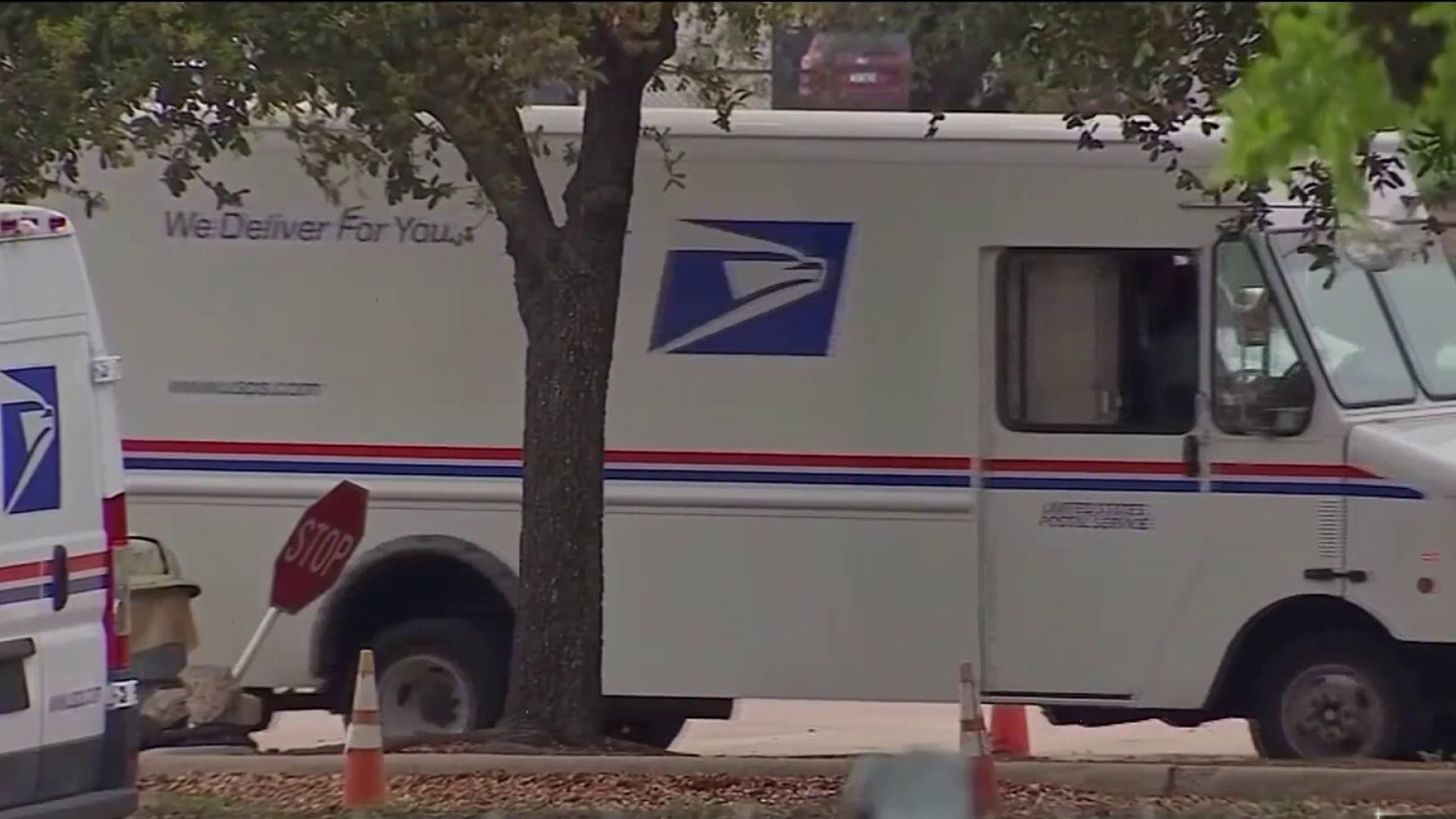President Donald Trump left Walter Reed Medical Center Monday and returned to the White House, raising lots of questions about the timing and the experimental drugs doctors gave him.
Millions watched him walk out the front doors of the hospital and though many cheered, at least one well-respected Bay Area doctor says nobody should be celebrating yet.
"His chances of deteriorating over the next few days are real, probably one in five, maybe a little bit higher than that,” said UCSF Doctor Robert Wachter.
There are also some big questions about the experimental treatments being given to the president, including the drug cocktail Regeneron.
"So, what the antibody does is to prevent the virus from binding to the surface of the cells of the patient,” said Dr. John Ademola, San Francisco Research Institute researcher who helps oversee the Bay Area Regenon trial.
If you're not the president, a drug trial is the only way you'd have access to that drug.
Local
Other doctors are raising questions about the steroid the president is now on, and its well known side effects.
“You feel euphoric, you feel on top of the world, feel like you can do anything. May even get mania,” said UCSF Doctor Peter Chin-Hong.
But the biggest red flag for local doctors involves the president's tweet just before leaving the hospital, specifically his decision to use the phrase, "Don't be afraid of COVID."
"We're talking about an illness that has killed one million people, and has killed 210,000 people in the united states, and has harmed hundreds of thousands more, some of whom may never be the same,” said Wachter.
Many wonder if the president is contagious. Dr. Anthony Fauci says each COVID patient is different, but typically contagious for about five days after contracting the virus. He still recommends two weeks of quarantine to be safe.
Even though doctors say he’s clear to go home -- questions remain about the scope of the outbreak inside the White House.
Press Secretary Kayleigh McEnany and two top assistants joined the list of several high-level staffers testing positive.
That’s something Stanford School of Medicine Professor Dr. Yvonne Maldonado is pointing to.
“I’m hoping that the White House staff and other people around him are protected sufficiently,” she said.
She’s concerned about the message the president sends when he’s not wearing a mask.
“A mask is not a political tool it’s not a PR statement, it’s a medical piece of equipment that we need to use,” Maldonado said.
In the president’s video tweet he made a pivot towards medicines and vaccines saying, “We have the medicines in the world and they’ll all happen shortly they are getting approved and the vaccines are coming momentarily.”
Maybe not momentarily according to Maldonaldo who is working closely with developing medicines and vaccines. Many of which are not available to the public and she says right now everyone needs to keep their guard up.
“I think we need to remember the fact that the person who is the most secure in this country got sick means that anybody can get sick,” she said.



